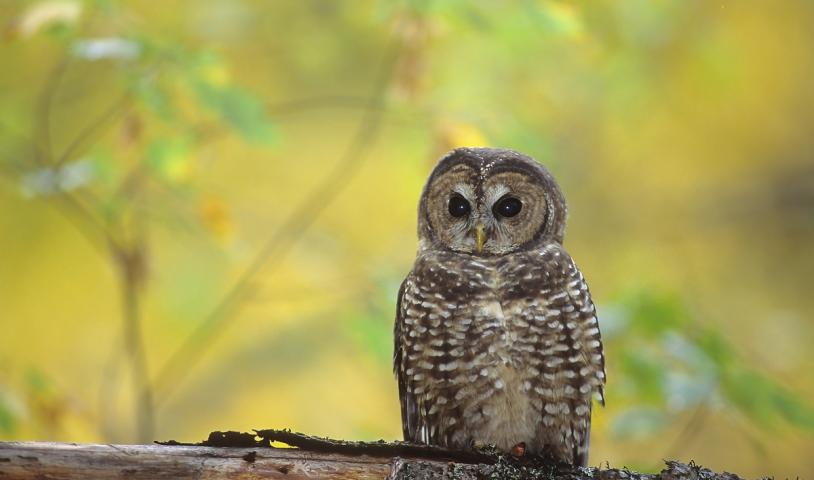Environmentalists want wild bees declared a species at risk
Wednesday, September 16, 2015
A group of environmentalists are urging Environment Minister Leona Agluqqak to add several species of wild bees to Canada’s Species at Risk Act – warning they will be “forced to consider their options” if the government doesn’t act to “legally protect at-risk pollinators.”
In a lawyer’s letter released Thursday, five high-profile environmental groups – The Western Canada Wilderness Foundation, the David Suzuki Foundation, Equiterre, Friends of the Earth and Ontario Nature – demand “immediate action in listing four at-risk species under the Species at Risk Act.”
The Gypsy Cuckoo Bumble Bee, two species of the Western Bumble Bee (occidentalis and mckayi) and the Macropis Cuckoo bee are all at risk, the groups said, and should be added to the list as recommend by the Committee on the Status of Endangered Wildlife in Canada (COSEWIC) in 2011 and 2014.
Those options, Ontario Nature spokesperson John Hassel told iPolitics, could include “taking the minister to court.” The federal government is required to amend the Species at Risk Act within nine months of receiving COSEWIC’s assessments – only if the minister has not made a decision about the species beforehand.
The letter was sent to the minister by Ecojustice lawyers Lara Tessaro and Charles Hatt on behalf of the five groups.
“Despite their importance, wild bees face unprecedented and urgent threats, particularly from increasing use of neonicotinoid pesticides,” the letter reads, referring to a controversial but widely used class of seed treatments that have been linked by Health Canada’s Pest Management Regulatory Agency to honey bee deaths.
The pesticides are primarily used on canola, corn and soybean seeds.
Climate change, habit loss and “toxins, pests and diseases” are also impacting wild bees’ health and foraging abilities, the groups said.
“The threats facing these species are serious,” the letter reads. “Their need for protection and recovery measures are urgent.”
The Ontario government is currently in the process of restricting the use of neonicotinoid pesticides — commonly known as neonics. The policy is widely opposed by the province’s grain farmers, who argue the pesticides are essential to protecting crops and yields from pests.
Beekeepers in Ontario and Quebec, along with and environmentalists, have demanded a moratorium on neonics for three years – similar to the one currently in place in Europe. Agriculture Minister Gerry Ritz has repeatedly said he will not limit the use of neonicotinoids.
Meanwhile, the PMRA has imposed several new best management practices on farmers around the use of neonicotinoids, aimed at reducing dust exposure. The PMRA investigations have linked exposure to contaminated dust to bee deaths in 2012 and 2013 in Ontario and Quebec.
The PMRA is currently reviewing the use and approval of neonicotinoid pesticides.
While the health of bees and pollinators has attracted government attention, in their letter Thursday, the environmentalists said those conversations have been focused on honey bee health, not wild bee health.
“Canada’s wild bee populations provide unique and essential ecosystem services,” the letter reads. “Most notably, wild bees ensure pollination of flower-bearing plants through buzz pollination or floral sonication,” when bees shake pollen from flowers using their wing muscles.
“Honey bees are unable to provide this form of pollination,” the groups said.
Environment Canada’s website says Canada’s Species at Risk Act is designed to protect endangered and threatened Canadian Wildlife. The act was adopted in 2002.
In their letter Thursday, the five environmental groups alleged 151 at-risk species, as identified by COSEWIC, have “no legal protection under SARA.” Those listings, the groups said, “have been unlawfully delayed by the government.”
Photo Credit: Bee on sunflower (John Lodder via Flickr)






